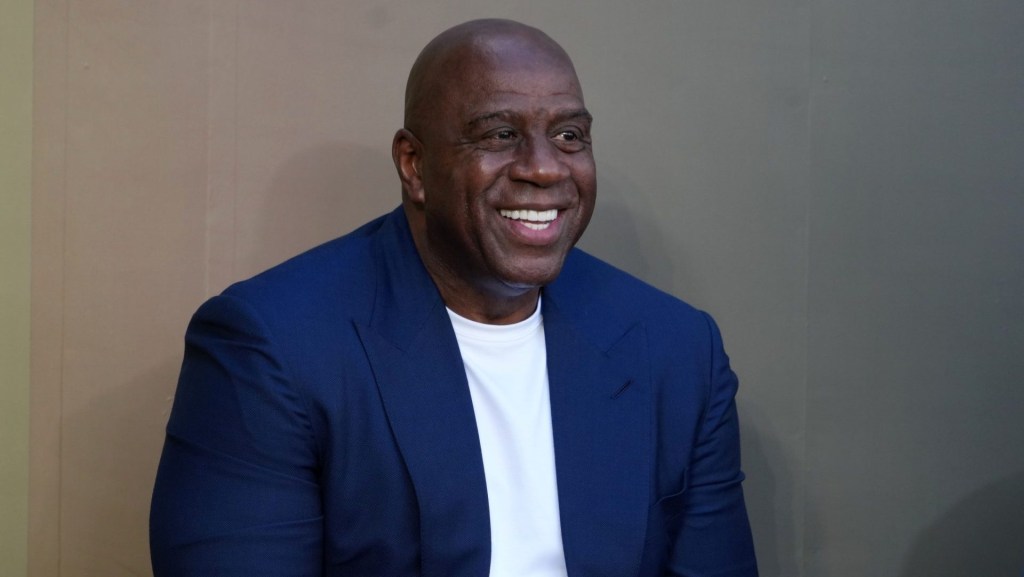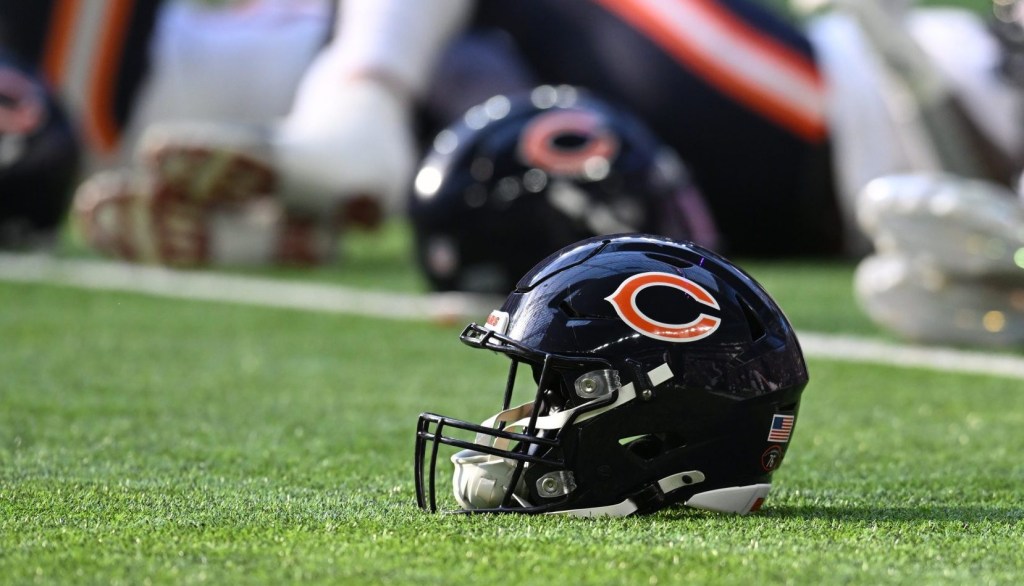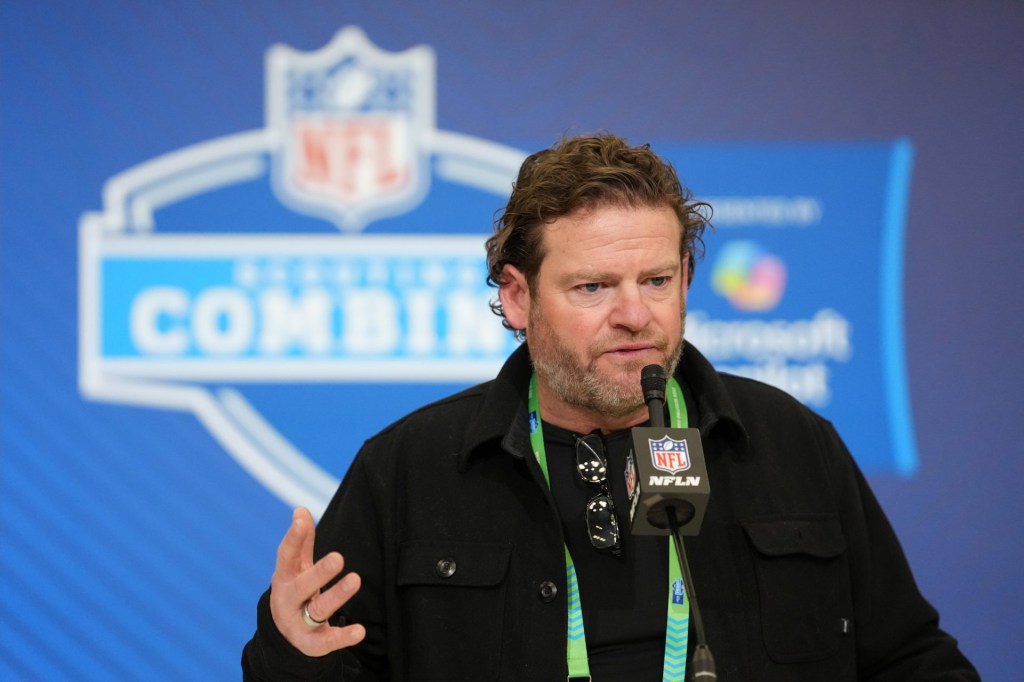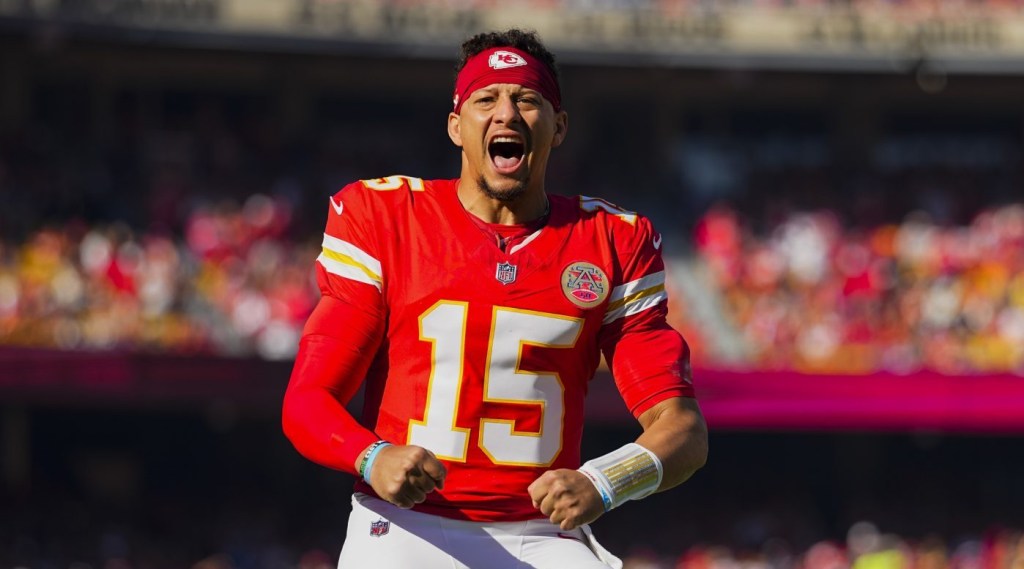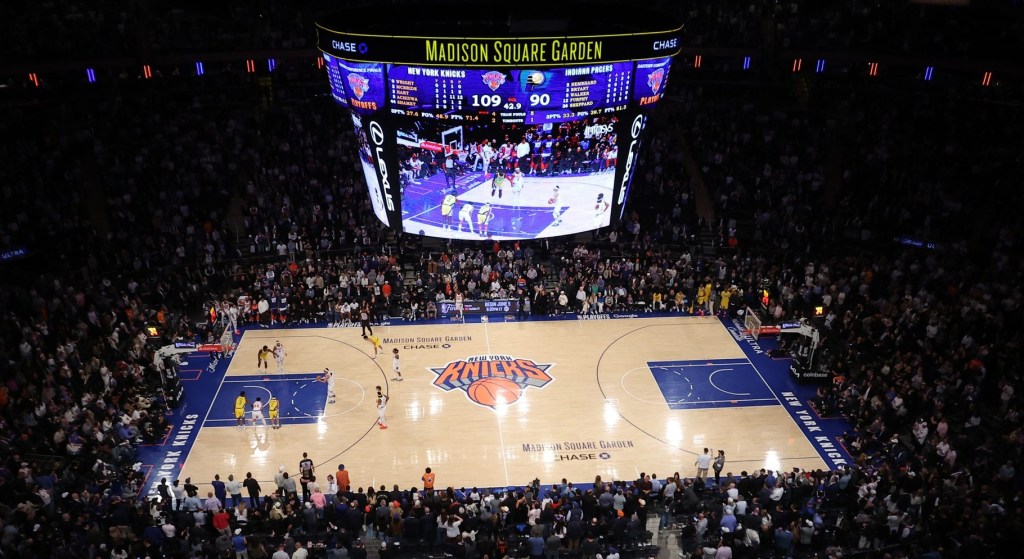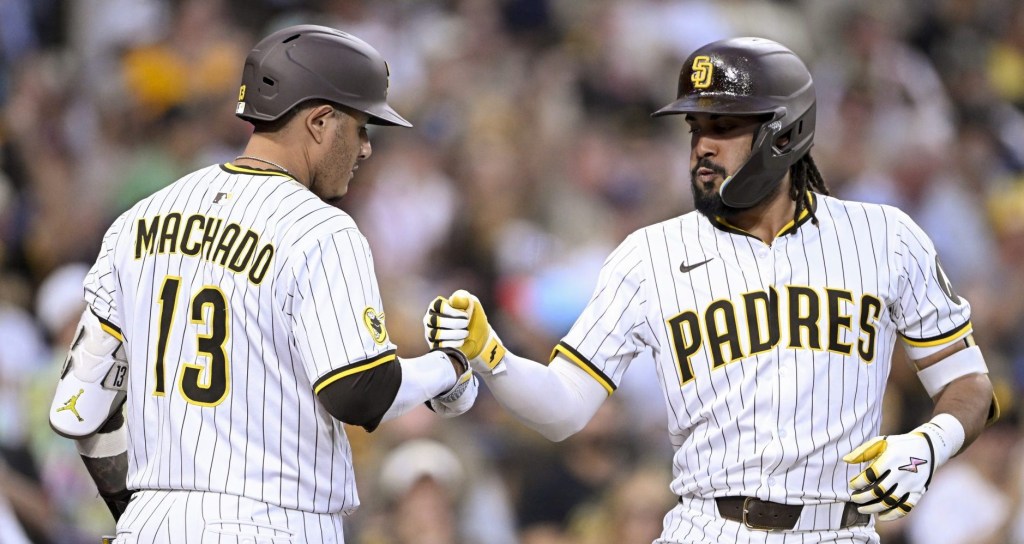TORONTO — As the Blue Jays are just three wins away from their first championship since 1993, the MLB club’s parent company also has very big things in mind.
Rogers Communications, the Canadian media and telecommunications giant that owns the Blue Jays, intends to exercise an option next year that will allow it to take full ownership of Maple Leaf Sports & Entertainment—which controls the NHL’s Maple Leafs, NBA’s Raptors, Toronto FC of MLS, and a variety of other sports assets.
Already, Rogers gained majority control of MLSE this past summer, creating one of the world’s most dominant sports portfolios with a set of holdings that also includes the Blue Jays, Sportsnet, Rogers Centre, Scotiabank Arena, and the Canadian Football League’s Toronto Argonauts, among many other assets. The next step will be to buy out the 25% share of MLSE currently held by Kilmer Sports Ventures chair Larry Tanenbaum, as it can contractually start next July.
But that’s not all. Once the Tanenbaum deal happens, Rogers is likely to pursue a recapitalization of its sports assets, including bringing in an outside investment partner.
All of that is developing with a goal of using sports as a focal point for Rogers’ future activity.
“We are in the early stages of transforming our sports and entertainment business into one of the best sports businesses globally,” Rogers president and CEO Tony Staffieri said last week in an earnings call. “This is our third pillar of growth beyond wireless and cable, and will be meaningful to Rogers over time.
“We are building a sports business at scale, and we are assessing multiple options to unlock additional value. We will take the time to be thoughtful, deliberate, and get it right. In the meantime, we will continue to operate with financial discipline while providing team leadership with the tools and resources to build championships,” he said.
There are still some obstacles to the overall Rogers ambition. In particular, Rogers has more than $26 billion in long-term debt it is working to reduce.
The Blue Jays, meanwhile, are tied with the Dodgers in the World Series, dropping Game 2 on Saturday after a dominant win in the opener on Friday.
Role of the Blue Jays
Amid the many sports holdings Rogers has, the Blue Jays have ascended to the top of that group, and not just because of the current success. As MLB’s lone team in Canada, at least for now, the Blue Jays have no other baseball competition among the Canadian population of about 41 million. As a result, the team essentially has the largest market of any team in the league.
What’s more, the Blue Jays are a source of deep national pride—something still rising as political and economic tensions between the U.S. and Canada continue. That’s also been reflected in record-level viewership of the Blue Jays on Sportsnet, something likely to continue in the World Series.
“The way our Blue Jays World Series run is captivating this country is a very clear demonstration of the power of our iconic sports teams,” said Rogers CFO Glenn Brandt.
Investors and industry analysts have taken close notice of what Rogers is doing and how the Blue Jays are accelerating the company’s ambitions across its business.
“Rogers benefits in several ways from the Jays reaching the playoffs and World Series,” CIBC Capital Markets said in a research note issued just hours before Game 1 of the World Series. “Beyond the intangible benefits like brand association with the team’s success and primetime ad sports during key moments in important games, Rogers can also benefit directly from increased ticket and concession revenues. We expect that as Rogers leans on sports, it will see increased opportunity to positively associate its Rogers brand and telecom offerings with its sports teams’ successes.”
The emerging synergy and power of Rogers has also been on display through a series of schedule changes for the Maple Leafs and Raptors to minimize conflicts with the Blue Jays’ World Series games.
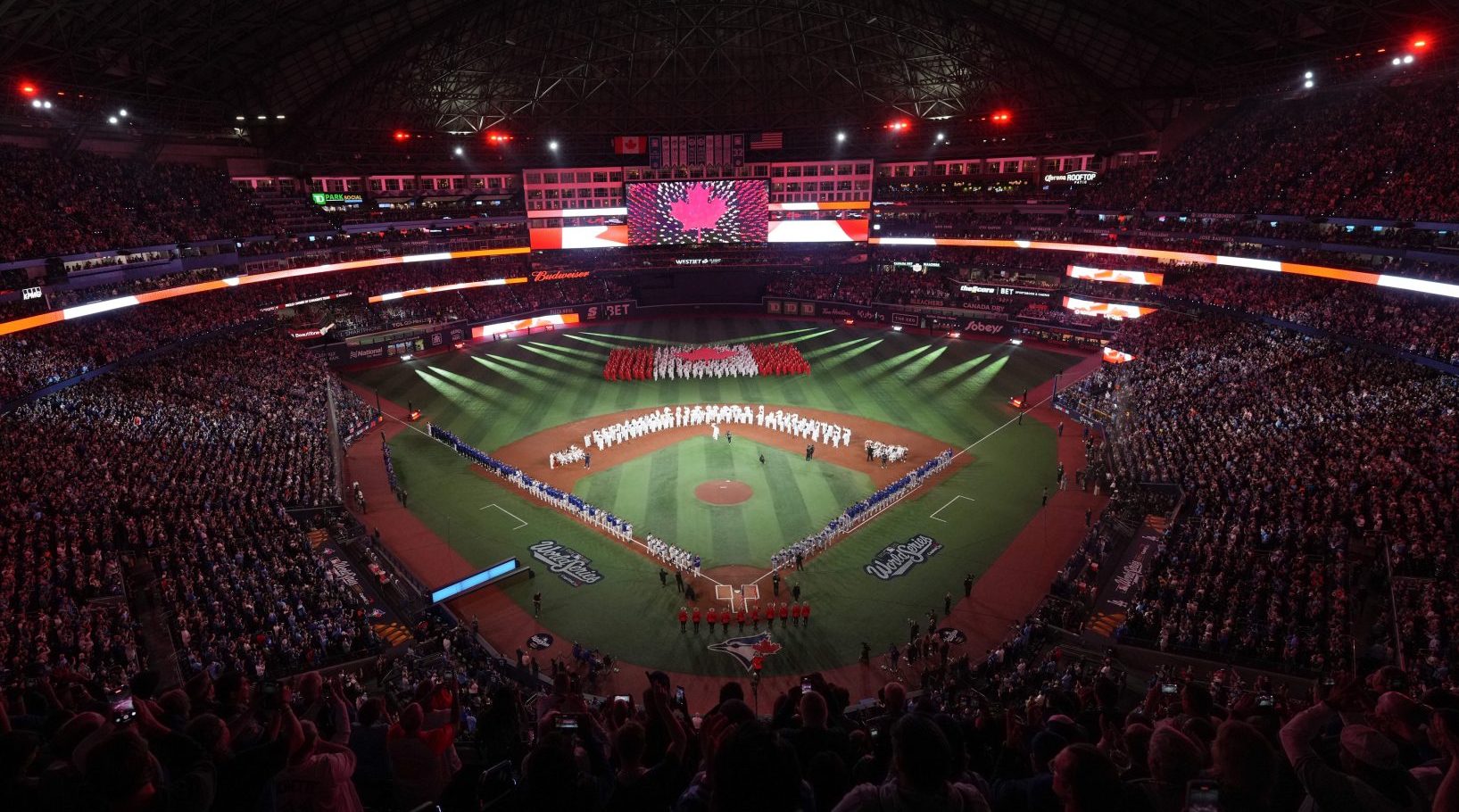
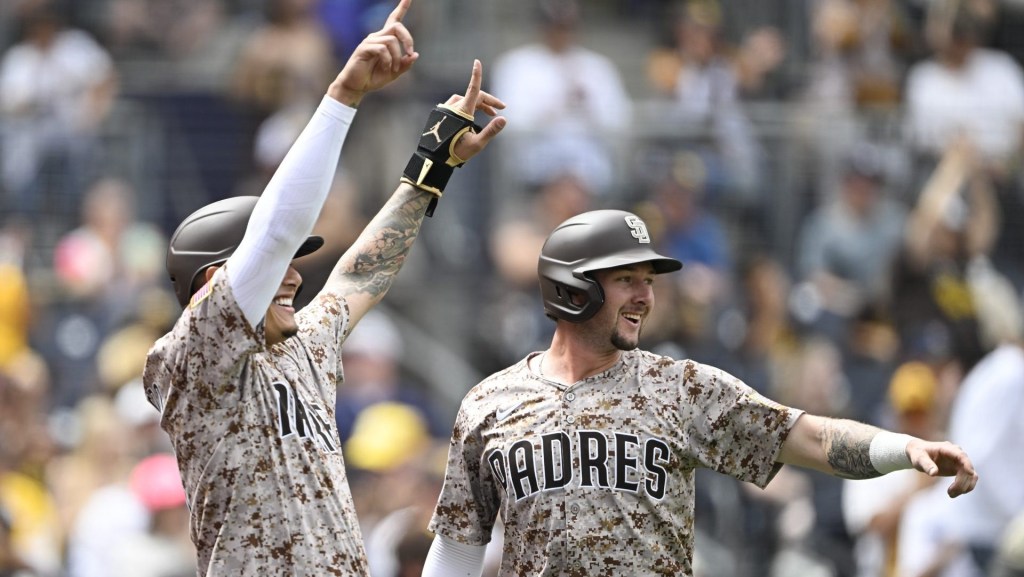
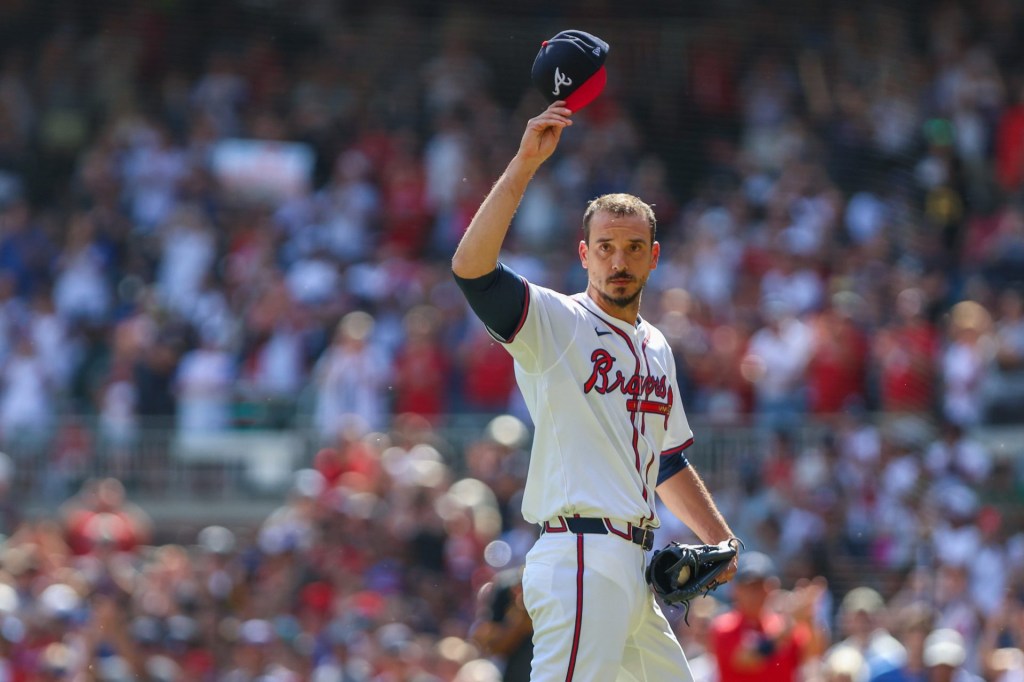
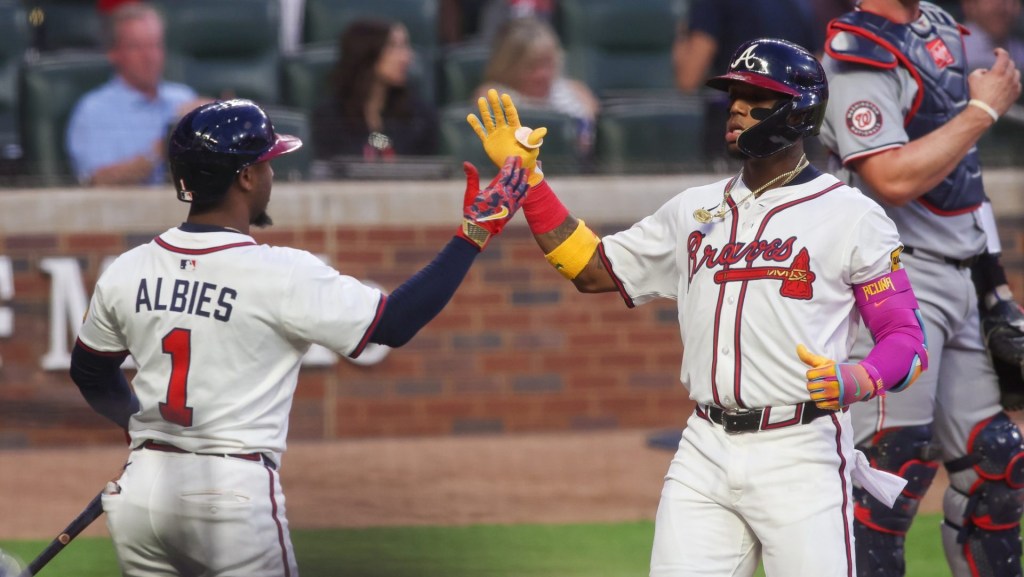
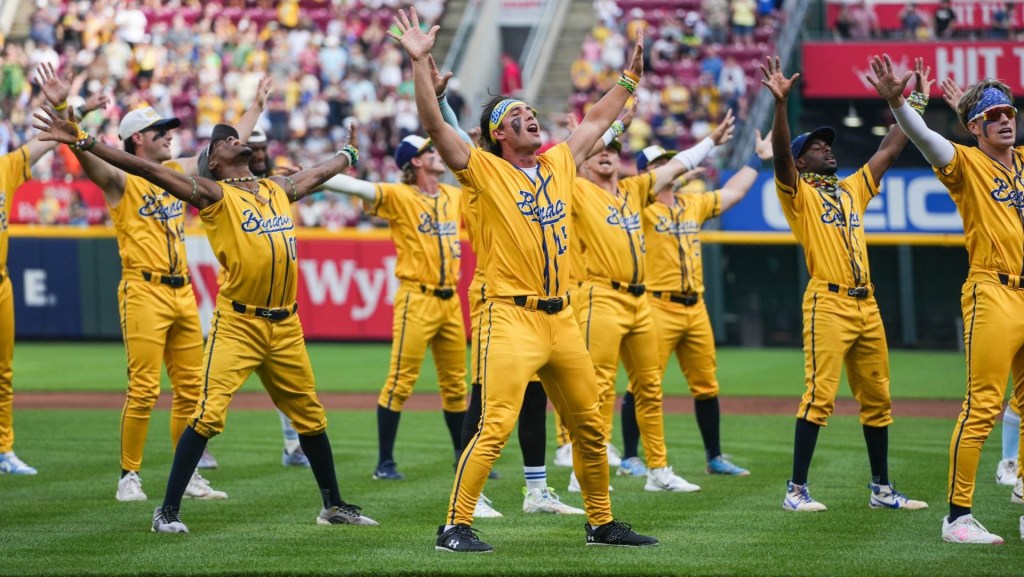

![[Subscription Customers Only] Jun 15, 2025; Seattle, Washington, USA; Botafogo owner John Textor inside the stadium before the match during a group stage match of the 2025 FIFA Club World Cup at Lumen Field.](https://frontofficesports.com/wp-content/uploads/2026/02/USATSI_26465842_168416386_lowres-scaled.jpg?quality=100&w=1024)
![[Subscription Customers Only] Jul 13, 2025; East Rutherford, New Jersey, USA; Chelsea FC midfielder Cole Palmer (10) celebrates winning the final of the 2025 FIFA Club World Cup at MetLife Stadium](https://frontofficesports.com/wp-content/uploads/2026/02/USATSI_26636703-scaled-e1770932227605.jpg?quality=100&w=1024)

